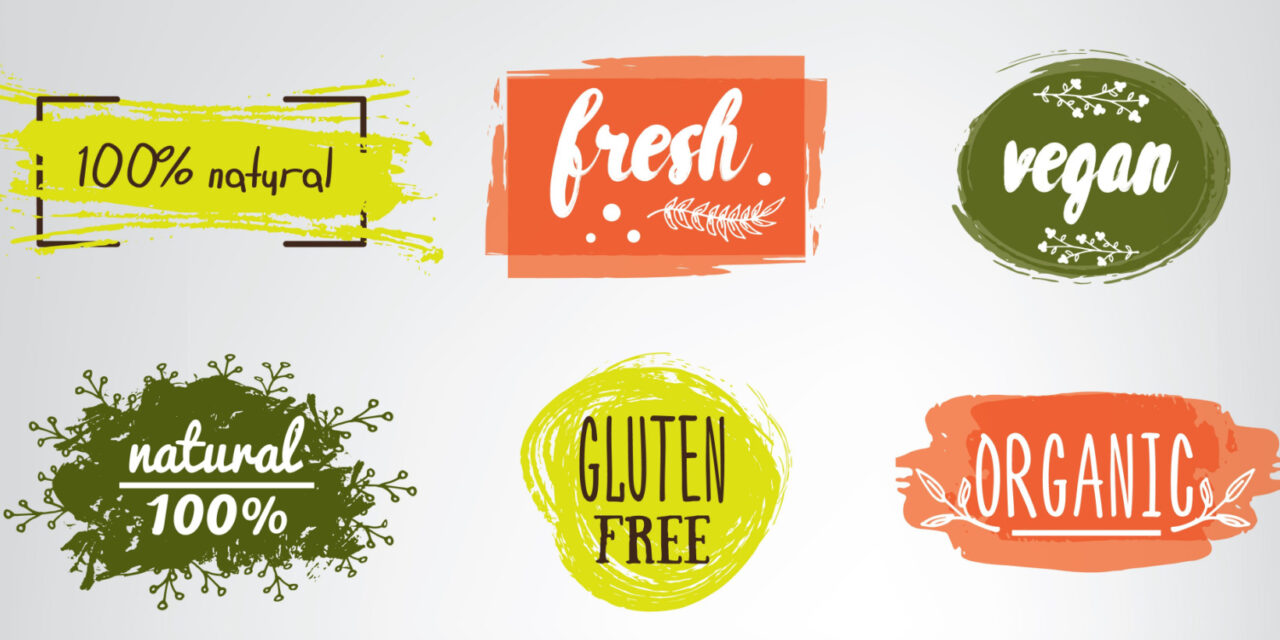
Confusing Food Labels
Nearly every food product on today’s grocery shelves come with some claim: “Organic,” “Non-GMO,” “Pasture-fed chickens” and “Gluten-free” are some examples. These designations may be comforting, but they can also be misleading. Sugar, which is not healthy, can be designated as organic, while highly-processed foods loaded with fats and sugar can be labeled gluten-free.
To view the full article please register below:
Confusing Food Labels
Nearly every food product on today’s grocery shelves come with some claim: “Organic,” “Non-GMO,” “Pasture-fed chickens” and “Gluten-free” are some examples. These designations may be comforting, but they can also be misleading. Sugar, which is not healthy, can be designated as organic, while highly-processed foods loaded with fats and sugar can be labeled gluten-free.
Let’s take a closer look at some of the most popular food claims and explain what they mean … and what they don’t mean.
Organic
USDA-certified organic foods are grown and processed according to federal guidelines, including soil quality (e.g., absent prohibited substances such as synthetic fertilizers or pesticides), animal-raising practices, pest and weed control, and the use of additives. For instance, organic meat requires animals to be raised to accommodate natural behaviors, like grazing on pasture, fed 100% organic feed, and not given antibiotics or hormones.
However, packaged products marketed as “organic” only need to contain at least 70% organically-produced ingredients. Not quite as pure as most consumers would expect!
Cage-free, Free-range, Pastured-raised, et al eggs
We generally want the chickens that produce our eggs not to live in a “factory” setting. But there are differences between these labels worth noting. Cage-free eggs do not mean chickens have access to the outdoors, only that they are able to roam inside an enclosed building. Free-range doesn’t mean chickens have the latitude to run around the countryside; it only means they have access to the outdoors, like a fenced-in outdoor area.
There is no minimum space requirement for cage-free and free-range. There is, however, with pasture-raised. Eggs labeled as pasture-raised means each hen had 108 square feet of outdoor and barn space.
Meanwhile, “local” eggs can come from as far away as 400 miles and organic eggs only speak to their diet, so an organic-fed hen may have no space to roam. Hormone-free and no-added antibiotics are just marketing since hormones are already banned by the FDA and no hens used for human consumption are ever administered antibiotics.
Non-GMO
Non-GMO simply means that foods are not created through genetic modification. So, while organic is by definition non-GMO, non-GMO foods are not necessarily organic since they can contain coloring, preservatives and pesticides.
There are other food label misdirections, like:
- “Whole grain” products that contain very little whole grain (if it’s not at least the third ingredient, there is little whole grain).
- Low-fat and low-carb are not meaningful with processed foods. For instance, a low-fat food can contain plenty of sugar
Yes, it’s complicated! But awareness and a little education can help you, the consumer, make the best decision when next doing the grocery shopping.
Please reference disclosures at: https://blog.americanportfolios.com/disclosures/












